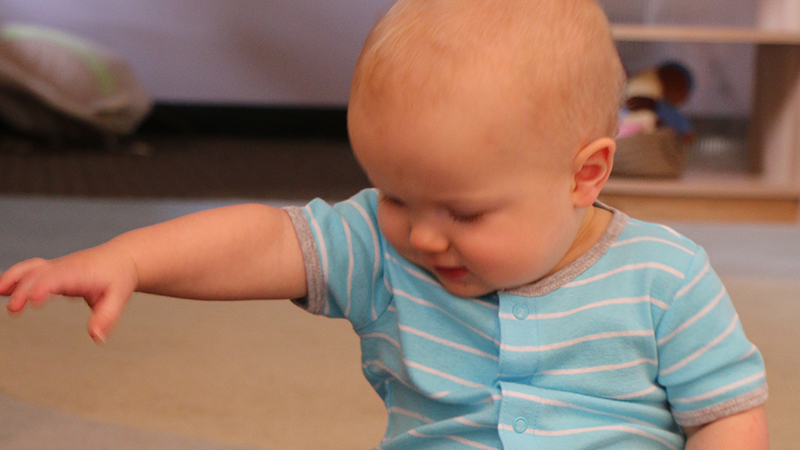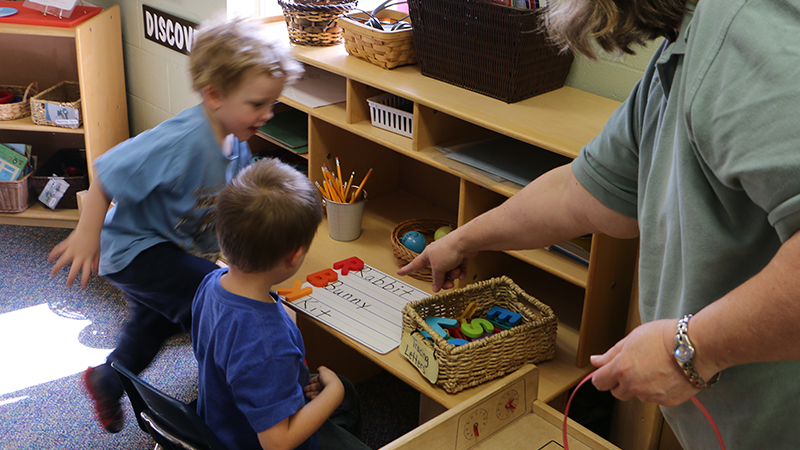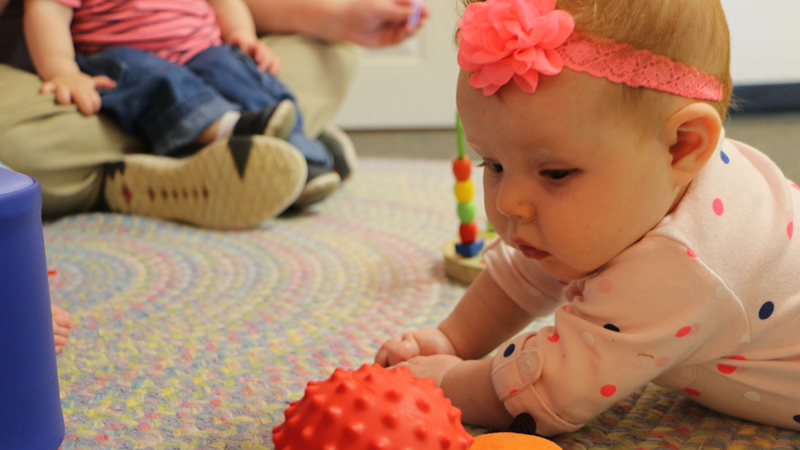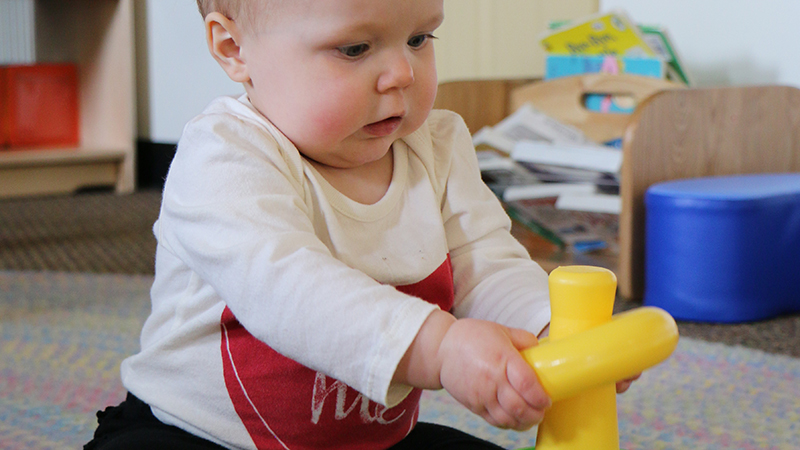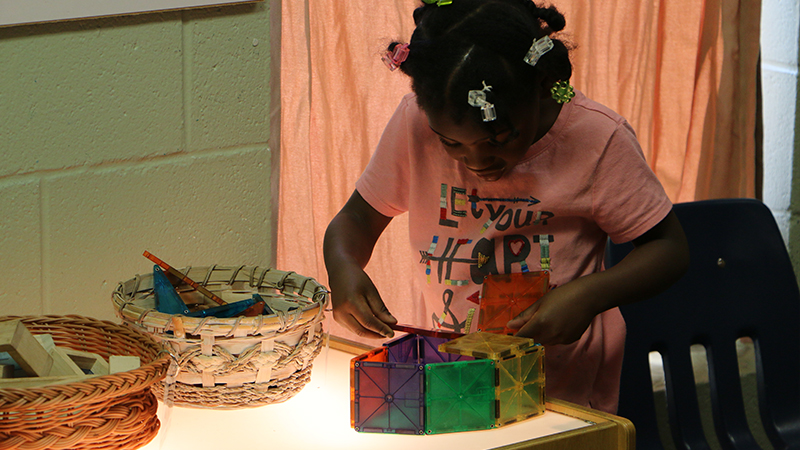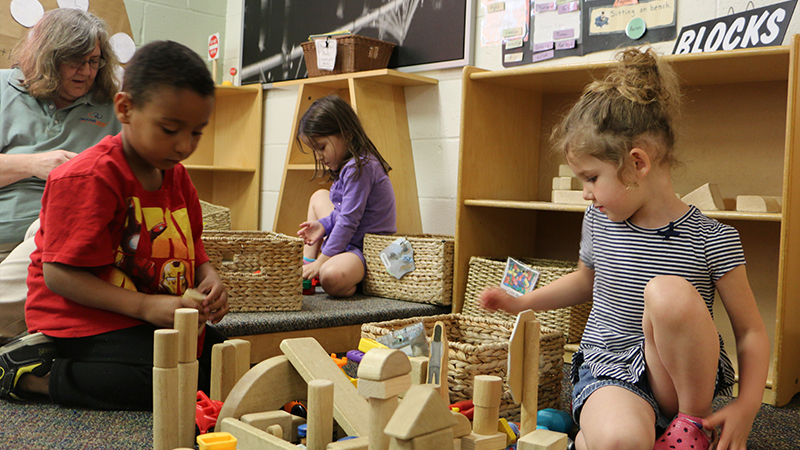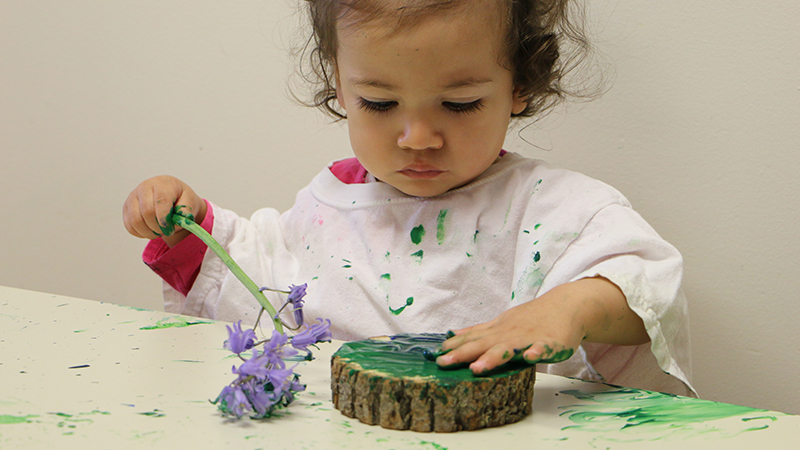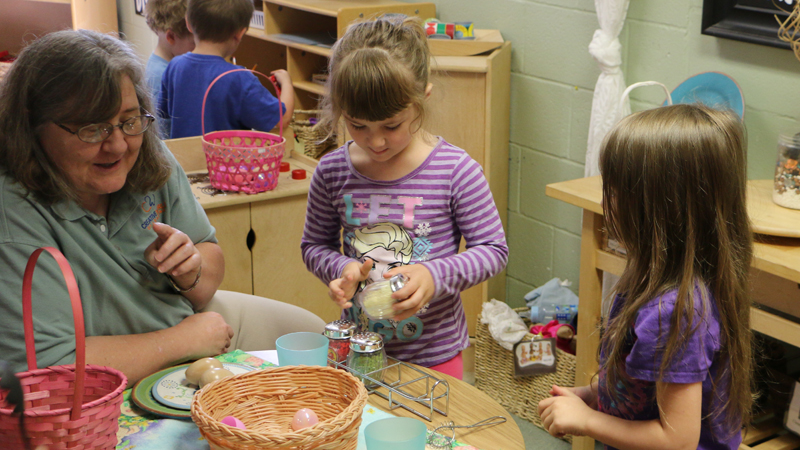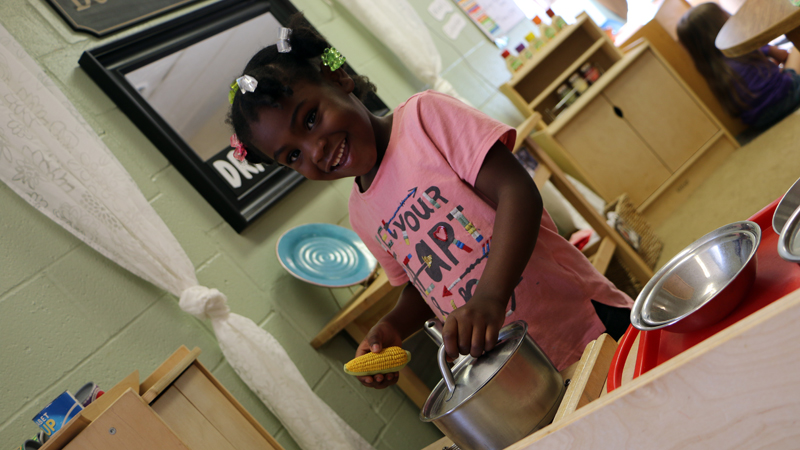In today’s world, where screens and structured indoor activities often dominate, outdoor play has never been more crucial for young children’s development. Outdoor play is more than just fun; it is a vital component of early childhood education that helps children grow physically, socially, emotionally, and cognitively. In this blog, we’ll explore the importance of outdoor play in early childhood education and how it benefits children in multiple areas of development.
1. Promoting Physical Development
Outdoor play provides young children with the opportunity to engage in physical activities that promote gross and fine motor skills. Running, jumping, climbing, and balancing are all essential physical skills that children develop through play in open outdoor spaces. This movement not only helps build strength and coordination but also encourages a love for physical activity that can last a lifetime.
How Outdoor Play Supports Physical Development:
- Gross motor skills: Activities like climbing playground structures, running, and jumping help strengthen large muscle groups, improving coordination and balance.
- Fine motor skills: Manipulating objects like sticks, leaves, or small outdoor toys helps children develop fine motor control and hand-eye coordination.
- Healthy exercise: Outdoor play encourages physical activity, promoting overall fitness and combating the risks of sedentary behavior, such as obesity and related health problems.
2. Fostering Creativity and Imagination
The outdoors provides a natural environment that stimulates children’s imaginations and creativity. Open spaces, diverse landscapes, and natural elements like trees, rocks, and dirt offer endless possibilities for imaginative play. Children can create entire worlds, invent games, and act out stories in an unstructured setting, which fosters their ability to think creatively and solve problems.
How Outdoor Play Inspires Creativity:
- Open-ended play: Unlike structured indoor activities, outdoor play often has no set rules, allowing children to invent their own games and use their creativity freely.
- Imaginative role-playing: Whether pretending to be explorers, superheroes, or animals, children’s outdoor play encourages role-playing, which helps them develop communication skills and creativity.
- Nature as a play tool: Natural elements like leaves, stones, and water become props in children’s imaginative play, helping them engage with their surroundings in innovative ways.
3. Supporting Social and Emotional Development
Outdoor play is a fantastic way for children to develop social skills and build relationships with their peers. Whether they’re playing in groups, taking turns on playground equipment, or collaborating to build a fort, outdoor activities provide opportunities for children to practice cooperation, communication, and conflict resolution. The freedom of outdoor play also encourages children to take risks, which builds self-confidence and resilience.
How Outdoor Play Encourages Social and Emotional Growth:
- Cooperation and teamwork: Outdoor games and activities often require children to work together, negotiate rules, and share responsibilities, which enhances their ability to cooperate and collaborate with others.
- Conflict resolution: When disagreements arise during play, children learn to resolve conflicts by communicating and compromising, skills that are crucial for healthy relationships.
- Building self-esteem: Successfully navigating outdoor challenges, such as climbing a tree or solving a group problem, boosts children’s confidence and helps them feel capable and self-assured.
4. Enhancing Cognitive Skills
Outdoor play doesn’t just strengthen the body and emotions—it also stimulates the mind. Children who spend time outdoors are exposed to new environments and situations, sparking curiosity and encouraging exploration. The outdoor world is full of learning opportunities, from counting leaves and observing insects to understanding weather patterns and identifying shapes in nature.
Cognitive Benefits of Outdoor Play:
- Problem-solving skills: Unstructured outdoor play encourages children to think critically and solve problems on their own, such as figuring out how to build a sandcastle or navigate an obstacle course.
- Understanding cause and effect: Through play, children begin to understand the basic principles of cause and effect, such as how water behaves in a sandbox or what happens when they throw a ball.
- Early math and science: Nature provides countless opportunities for children to engage in early math and science learning, such as sorting rocks by size or observing how plants grow.
5. Connecting with Nature and Developing Environmental Awareness
Spending time outdoors helps children develop a sense of connection to nature and an appreciation for the environment. When children play outside, they become more aware of the natural world around them, learning about plants, animals, weather, and ecosystems. This early exposure fosters environmental awareness and encourages children to care for the planet as they grow.
How Outdoor Play Promotes Environmental Awareness:
- Respect for nature: Children who spend time outdoors learn to appreciate and respect the environment, from understanding the importance of clean air and water to recognizing the role of trees and plants.
- Hands-on learning: Outdoor play offers real-world experiences that help children learn about the natural world in a hands-on, immersive way.
- Sustainability habits: Early exposure to nature can inspire lifelong sustainable habits, such as recycling, conserving water, and reducing waste.
6. Reducing Stress and Boosting Mood
Outdoor play has proven mental health benefits for children. Fresh air, sunlight, and the freedom to move around can help reduce stress and improve children’s moods. Spending time outdoors can be particularly beneficial for children who experience anxiety or restlessness, as it provides them with a calming environment where they can release energy and feel more relaxed.
Mental Health Benefits of Outdoor Play:
- Stress relief: Playing outside gives children a break from structured indoor activities, helping them relax and reduce stress.
- Mood enhancement: Exposure to sunlight boosts the body’s production of serotonin, a hormone that helps improve mood and promote a sense of well-being.
- Increased focus: Time spent outdoors has been shown to improve attention and focus, especially in children who may struggle with concentration indoors.
Conclusion
Outdoor play is an essential part of early childhood education, providing countless opportunities for physical, social, emotional, and cognitive growth. By allowing children to explore, imagine, and engage with the world around them, outdoor play fosters well-rounded development and promotes a lifelong love of nature and learning. Whether it’s running, climbing, or simply observing nature, the benefits of outdoor play are undeniable.
At Creative World of Learning, we believe in the power of outdoor play to support children’s growth and development. Our programs provide ample opportunities for children to engage in outdoor learning and play in a safe, stimulating environment. Contact us today to learn more about how our curriculum encourages outdoor exploration and physical activity.
Schedule a tour at our various locations:















